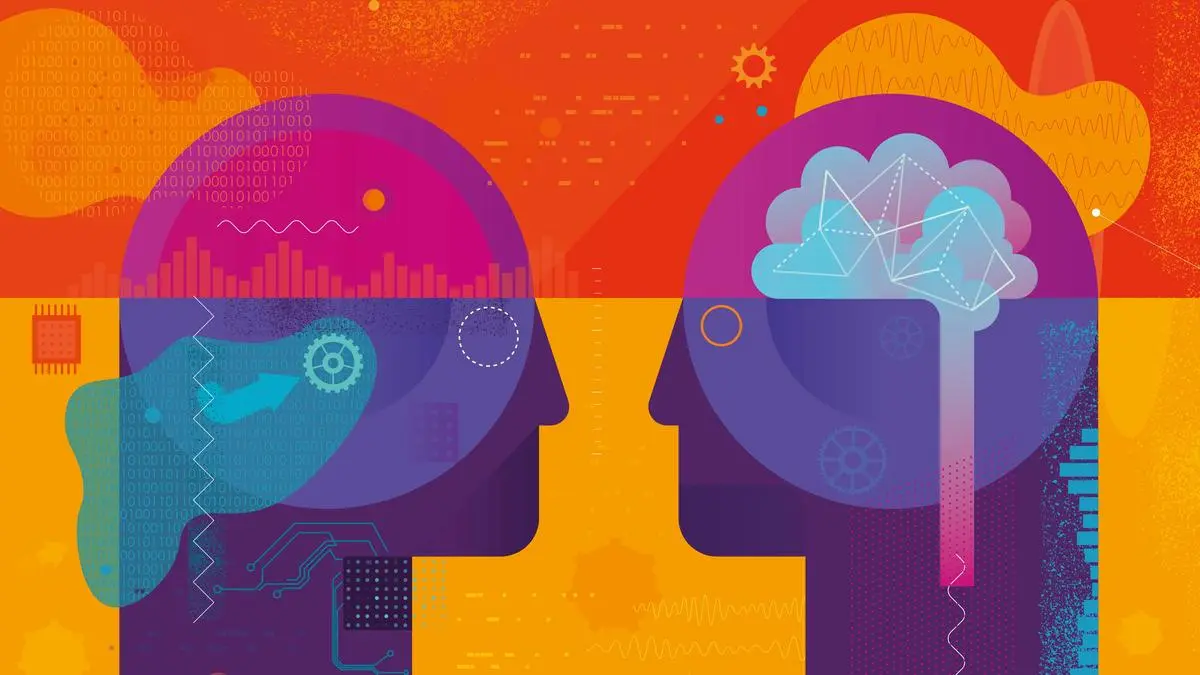by JINOY JOSE P.

Dear reader,
“I am not afraid of an army of lions led by a sheep,” Alexander the Great supposedly declared, “I am afraid of an army of sheep led by a lion.” History, it turns out, got this backwards. History’s most celebrated military genius was actually scared of cats, prone to alcoholic binges, lived a suitably blemished life, and died at 32 in Babylon under circumstances so mysterious that conspiracy theories persist even 23 centuries later. His empire crumbled within decades.
Yet, we remember him and many like him not despite his flaws, but perhaps because of them.
Today, as artificial intelligence promises us a world scrubbed clean of human error, we face an unprecedented question: What happens when the magnificent mistake-makers are finally perfected out of existence?
The digital revolution, powered now by the AI juggernaut, has ushered in what we might call the Great Standardisation—a relentless march towards algorithmic perfection that makes even our heroes uncomfortable with their own humanity. The force is omnipresent now. And it’s made out to be omnipotent, too. Reports from McKinsey to Stanford tell us that already more than two-thirds of the globe is using AI, and its adoption in business surged about 80 per cent in 2024. We’re witnessing the fastest technological adoption in human history, yet ironically, the cost of this efficiency may be the very essence of what makes us human.
Consider the modern predicament: To prove you’re human online, you must solve puzzles and identify traffic lights with mechanical precision. Make a mistake? You’re clearly a bot. Meanwhile, our culture increasingly demands the kind of flawless execution that would make even machines nervous. Perfect bodies sculpted by algorithms, relationships optimised for social media, and careers that tolerate zero learning curves. The irony is clear and present: in our quest to become more human, we’ve accidentally become less so.
The psychology of perfectionism tells a sobering story. Studies show that constantly chasing the spectre of perfection may harm your mental health and well-being, with researchers finding that perfectionism is prevalent among adolescents and may be harmful in terms of its association with mental health problems. The most debilitating form—socially prescribed perfectionism—occurs when “individuals believe their social context is excessively demanding, that others judge them harshly, and that they must display perfection to secure approval”.
Sound familiar? It’s the psychological blueprint of our AI-optimised world.
Frontline for more
